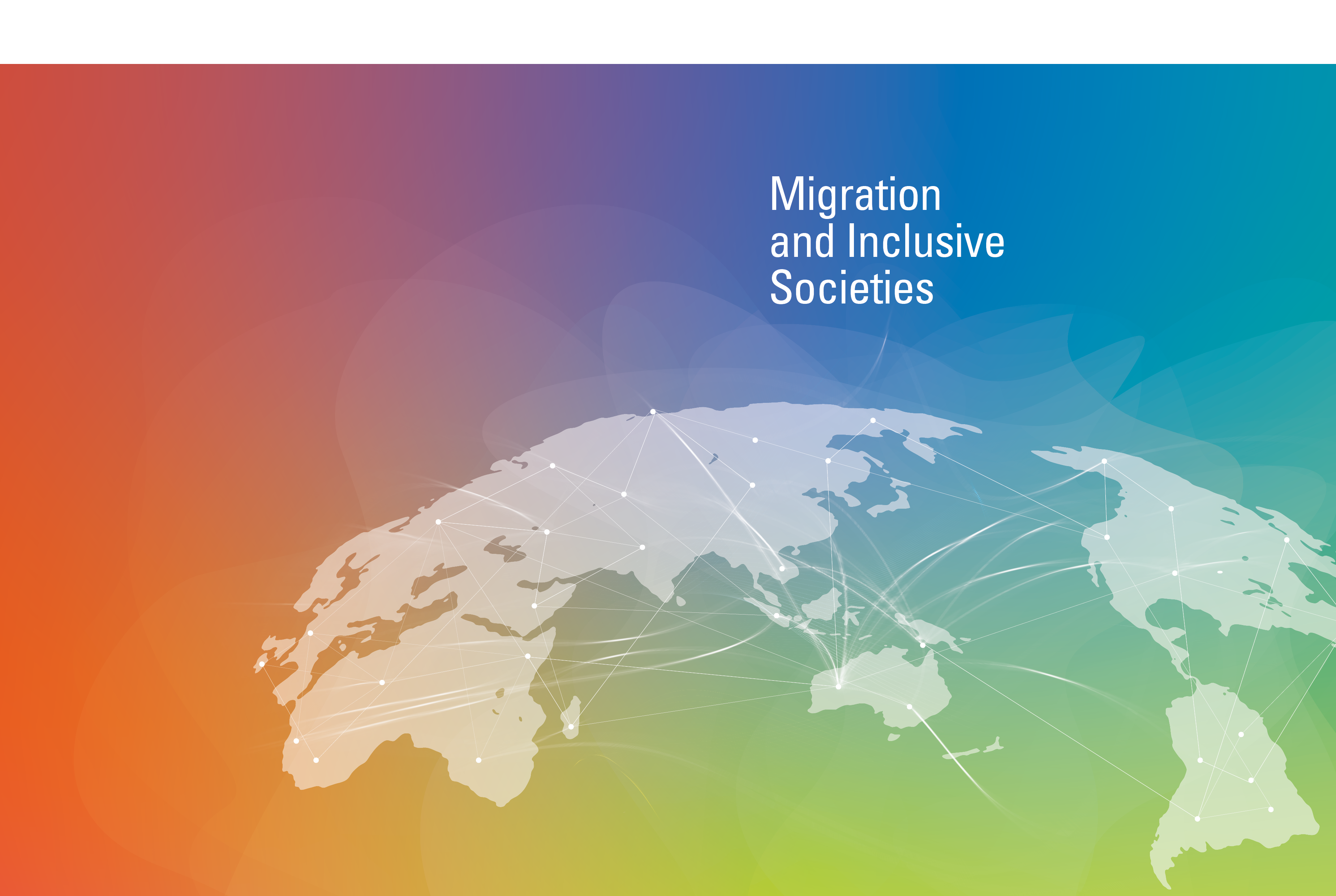Institute for Lifespan Development, Family & Culture (LDFC) &
Migration and Inclusive Societies (MIS)
Research about emotion socialization is mostly carried out in WEIRD countries. Western biases are likely infused into the methods and theories that guide these studies and the related instruments. Decolonizing psychology is a new endeavor in cross-cultural psychology with the goal to overcome the dominance of Western-guided science by aiming for new theories that integrate non-Western perspectives. This talk will highlight the importance of decolonizing psychology regarding the assessment and theories of emotion socialization.
The Coping with Children’s Negative Emotions Scale (CCNES) was developed in the US by Nancy Eisenberg and her group. Reviews of studies using CCNES outside of Western countries showed that researchers modified the instrument to adjust to the cultural context, e.g. adding a new strategy. This patchwork of culturally adjusted versions in the literature is a starting point to create a more culture-sensitive instrument. Furthermore, this patchwork also requests reflection about the theoretical assumptions regarding the relevance of emotions in respect to behavior regulation. An extended framework will be presented that can serve as a start for new theoretical models.
I will enrich the talk with some results from our own studies that are based on observations in various countries to demonstrate how such extended theoretical models may play out. I conclude that decolonizing emotion socialization research needs to consider indigenous models for theoretical models with the final goal to create a culture-inclusive theoretical model and instruments that reflect the cultural variations of emotion socialization.
Prof. Thomas Boll will provide a commentary following the lecture and moderate the discussion.
